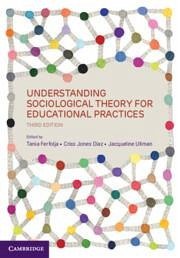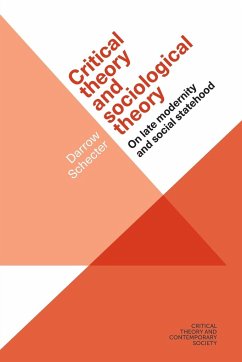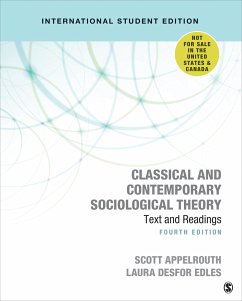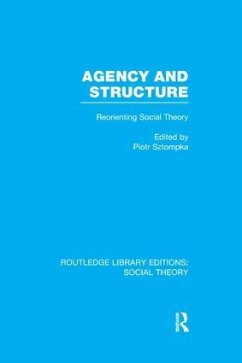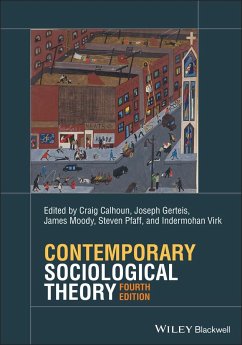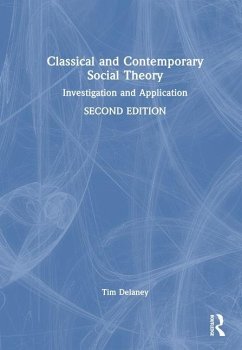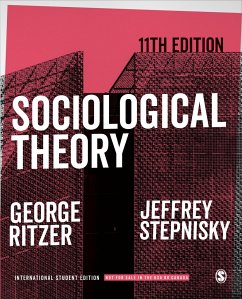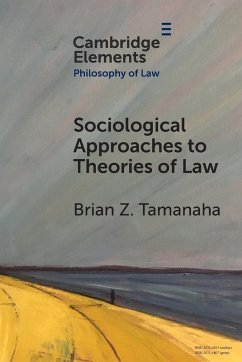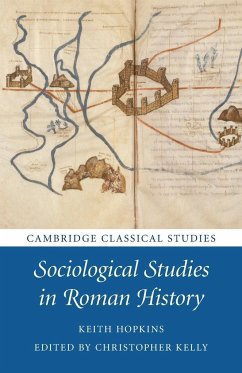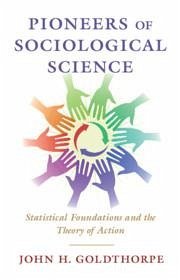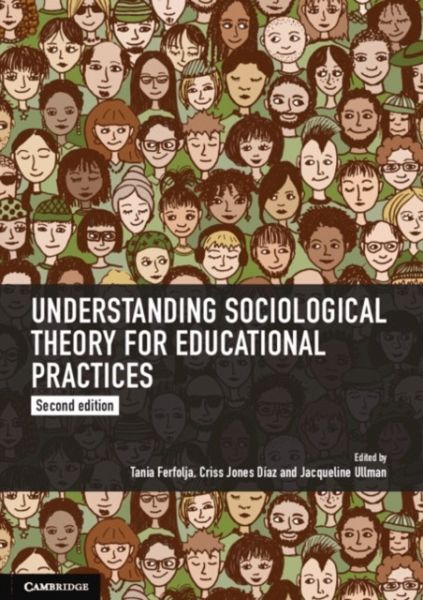
Understanding Sociological Theory for Educational Practices
Versandkostenfrei!
Versandfertig in über 4 Wochen
75,99 €
inkl. MwSt.
Weitere Ausgaben:

PAYBACK Punkte
38 °P sammeln!
Understanding Sociological Theory for Educational Practices is an essential resource that enables teachers to confidently navigate the topics of diversity, disadvantage, discrimination and marginalisation in a range of educational contexts.




